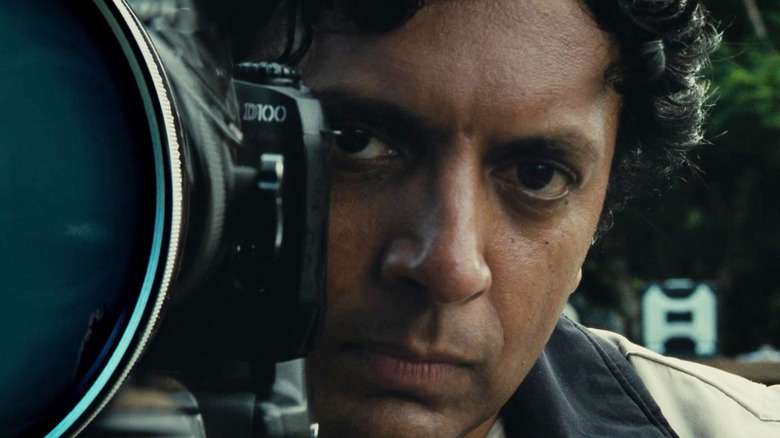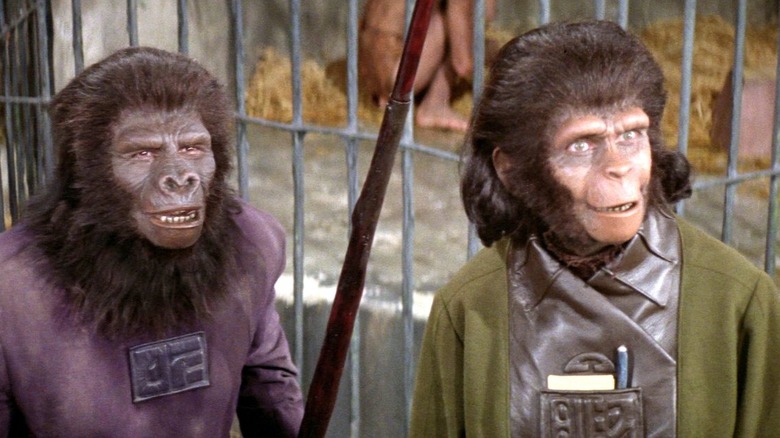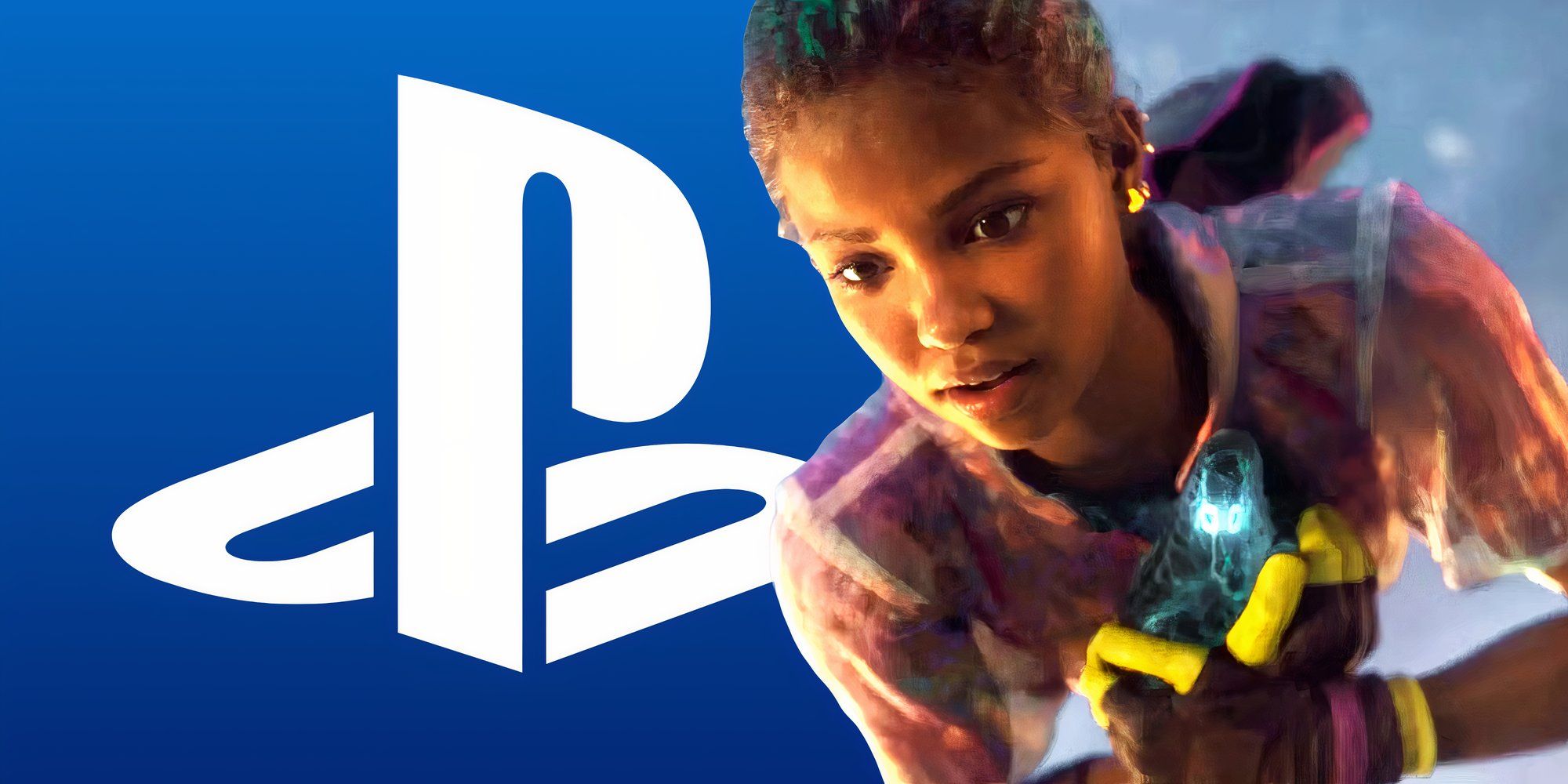
Universal Pictures
The best M. Night Shyamalan twist endings are the ones that bolster the larger point his movies are making. Consider his 1999 breakout success "The Sixth Sense," a film about how honest and open communication can allow us to make peace with our ghosts (in both a figurative and, for the purposes of its story, literal sense). Or take his 2004 offering "The Village," a tale about loss and grief and how they can spur people to reject social progress in ways that are suspect at best and outright harmful at worst. For as much as that movie's third act rug-pull was unjustly ragged on in its time, the actual message it was meant to drive home (one that was especially pointed for U.S. audiences arriving three years after the September 11th terrorist attacks) came through all the louder for those willing and able to hear it.
There are occasions, admittedly, when Shyamalan has included a convoluted denouement seemingly for its own sake, as though he felt the need to try and one-up himself. M. Night joints like "Knock at the Cabin" and "Trap," on the other hand, all the better because they forgo tossing a last-minute curveball at audiences, preferring to instead follow the twisted trails they've blazed for themselves to their distressingly logical conclusions. ("Knock at the Cabin," in particular, has one of the more powerful — and darker — endings in his oeuvre without having to take a hard-left turn to get there.) He's almost certainly not done with surprise endings entirely, but it's good to see the "Master of Twists" becoming increasingly comfortable not always doing the thing he's most famous for.
Besides, even he would tell you that when it comes to all-time cinematic plot twists, we're all just chasing the ghost of Rod Serling anyway.
Even Shyamalan can only dream of topping Planet of the Apes' twist ending

20th Century Studios
Pierre Boulle's 1963 sci-fi novel "Planet of the Apes" is one of our great house of mirror literary satires. Its vision of a topsy-turvy world where mentally diminished humans are subservient to intellectually advanced apes (ones whose foibles are a painful reminder of our own) could've also just as easily come out of "The Twilight Zone," right down to the story's shocking ending. Appropriately enough, however, it was the inimitable host and creator of "The Twilight Zone," Rod Serling, who co-wrote the classic 1968 film adaptation of Boulle's book, complete with an even wilder final twist that the one in its source material.
Shyamalan would agree with that sentiment. As he told NME in 2023:
"My favourite twist in someone else's movie? Certainly 'Planet of the Apes,' the original one is profound. I remember it blossoming in my head as I was watching it and it echoing after the fact. It was profound, ironic, all of those things. Even to this day it's the standard for me."
Like Shyamalan's best climactic reveals, the twist ending to "Planet of the Apes" (which, as silly as it may seem, I won't spoil here) pays off the film's primary thesis, i.e. that humans aren't the be-all and end-all beings that we fancy ourselves as and should learn a little humility. It was also a true gamechanger, the kind of darkly existential joke you don't realize has been staring you right in the face the entire time. Serling had pulled off equally biting punchlines for years on "The Twilight Zone" (including in the episode that helped inspire the ending to "Planet of the Apes"), but a genre picture of this ilk was a whole different ball game.
Did Shyamalan set a new standard for twist endings with "The Sixth Sense"? That depends on who you ask, but the fact he even tried — and, at the least, came damn close to doing so — isn't nothing.









 English (US) ·
English (US) ·